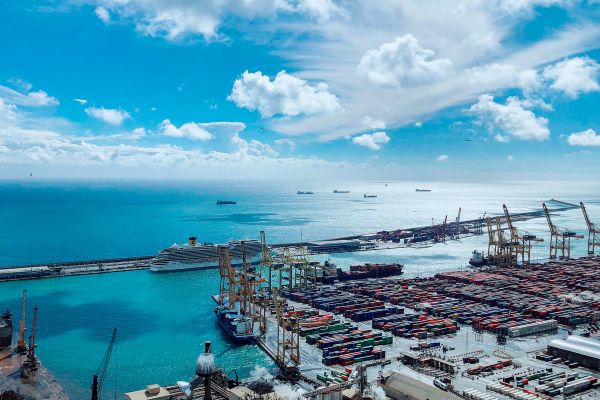
On 26 June 2023, China’s Supreme People’s Court (SPC) held a press conference to introduce the current characteristics of drug-related crimes in China and report on the drug control works of Chinese courts since 2022.
From 2018 to 2022, the number of first-instance drug-related cases concluded by Chinese courts continued to decrease, following a downward trend since 2015. In 2022, the number of cases fell to 37,000, a decrease of 73.38% from the peak in 2015 and a decrease of 62.75% from 2018. The proportion of drug-related cases among all criminal cases also dropped from 8.35% in 2018 to 3.59% in 2022.
In 2022, Chinese courts concluded 37,282 drug-related cases at first instance, resulting in 56,179 individuals being sentenced, of whom 13,290 received sentences of five years imprisonment or more. The proportion of severe sentences reached 23.66%, about 15 percentage points higher than the equivalent rate for all criminal cases during the same period.
From 2018 to 2022, the top ten provinces with the highest number of first-instance trials of drug-related cases in Chinese courts were still concentrated in the southwest, south, east, and central regions. The “Golden Triangle” outside the southwest border remained a major source of drugs in China. South China served as a transit point for drug entry, while East and Central China functioned as drug distribution and consumption areas.
Contributors: CJO Staff Contributors Team









